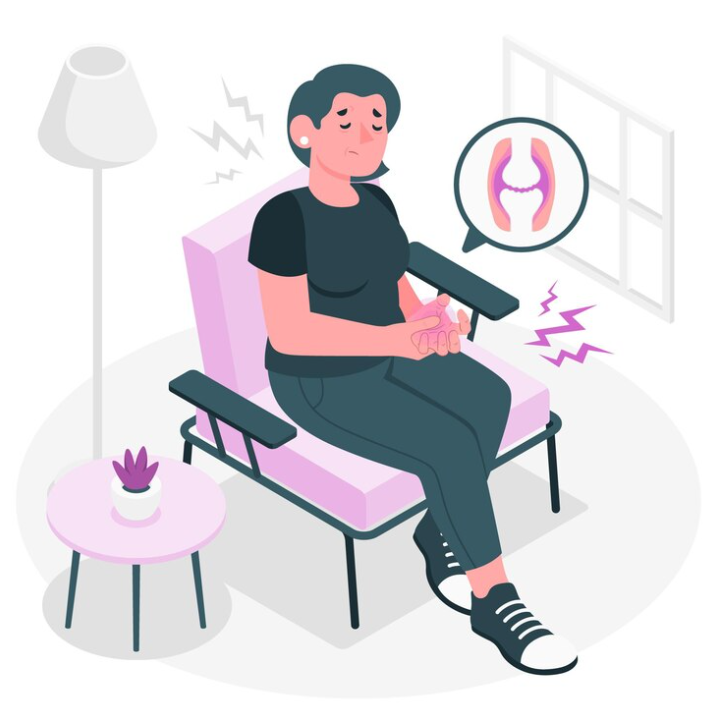
The Role of Hormones in Understanding Carpal Tunnel Syndrome: What You Need to Know
Introduction to Carpal Tunnel Syndrome
Carpal Tunnel Syndrome (CTS) is a common condition that affects the hands and wrists. It causes symptoms such as pain, numbness, and tingling. While repetitive movements and poor ergonomics are common causes, hormones also play a significant role. Let’s explore how hormones influence CTS and what you can do about it.
Understanding Carpal Tunnel Syndrome
CTS happens when the median nerve, which runs from the forearm into the palm, is compressed at the wrist. This compression leads to:
- Pain
- Numbness
- Tingling
- Weakness in the hand or fingers
The Role of Hormones in CTS
Hormones are chemical messengers that control many functions in the body. They influence inflammation and fluid balance. Hormonal changes during certain life stages or conditions can increase swelling in the carpal tunnel. This swelling puts more pressure on the median nerve.
Common Hormonal Influences
1. Pregnancy
During pregnancy, hormonal changes and fluid retention can increase the risk of CTS. Many women experience hand and wrist discomfort during this time.
2. Menopause
Reduced estrogen levels during menopause may increase inflammation. This makes the median nerve more sensitive and vulnerable to pressure.
3. Thyroid Disorders
Conditions like hypothyroidism and hyperthyroidism affect nerve function. They also increase the likelihood of CTS by causing swelling in the carpal tunnel.
Diagnosis and Treatment Options
If you suspect CTS, visit a healthcare professional for an accurate diagnosis. Treatment options include:
- Wrist splints: These keep the wrist in a neutral position.
- Corticosteroid injections: These reduce inflammation and pain.
- Physical therapy: Exercises strengthen the wrist and improve flexibility.
- Surgery: In severe cases, surgery relieves pressure on the nerve.
Prevention and Management Tips
Even if hormones increase your risk, you can take steps to reduce CTS symptoms:
- Maintain good posture during activities.
- Take regular breaks from repetitive tasks like typing.
- Perform simple wrist exercises daily.
- Manage underlying conditions like diabetes or thyroid disorders.
Conclusion
Hormonal changes can contribute to Carpal Tunnel Syndrome, but understanding their role helps in managing the condition better. By addressing hormonal imbalances and adopting preventive measures, you can reduce your risk and improve hand health.
To seek medical advice, always consult a Doctor. Here are our recommended experts. Click Here
To read more on Carpal Tunnel Syndrome. Click Here


